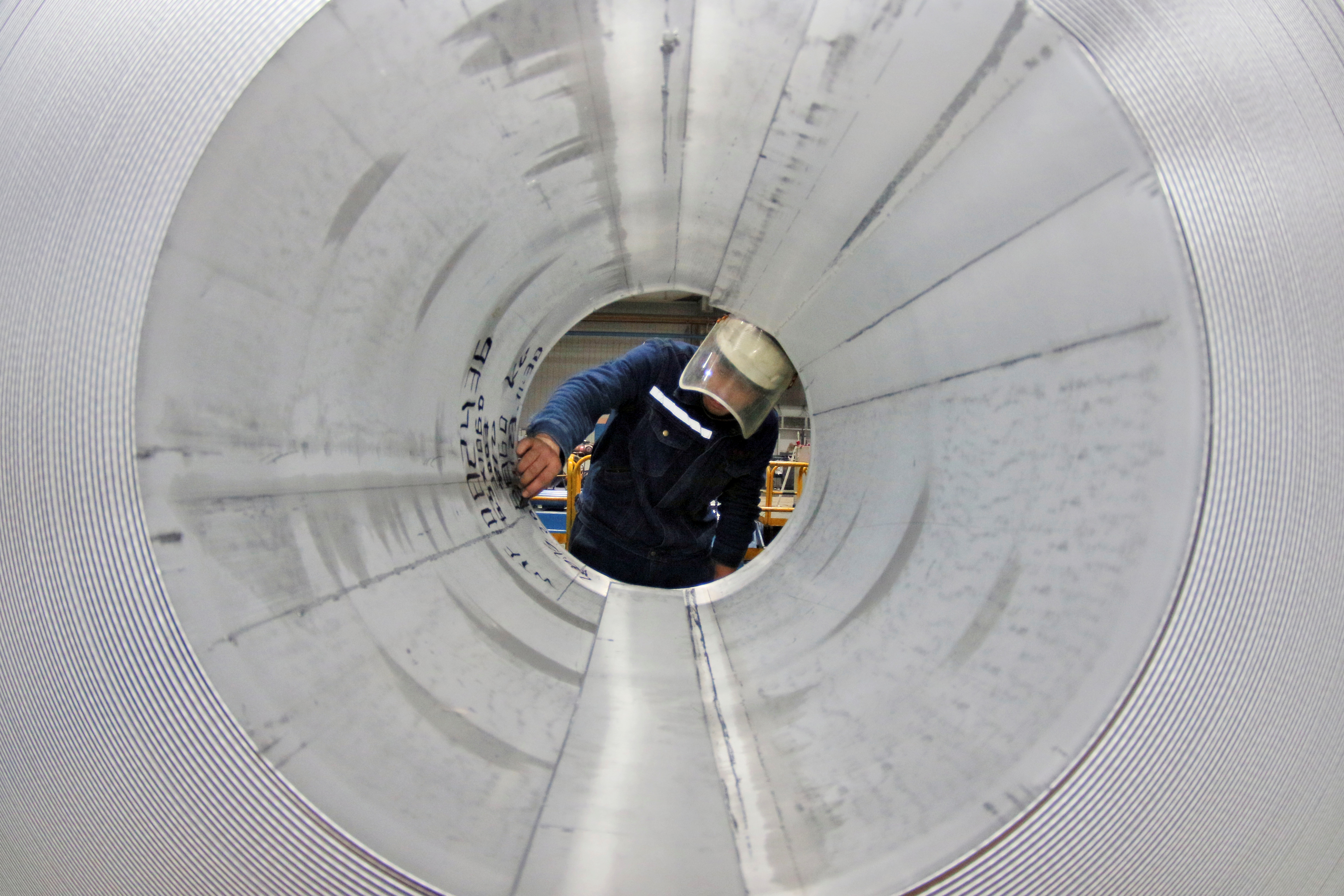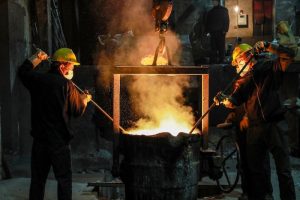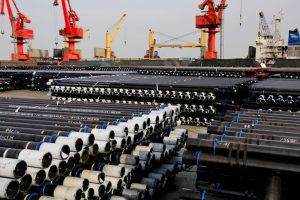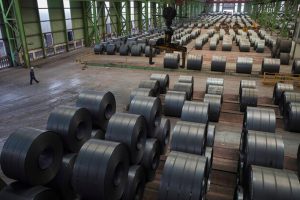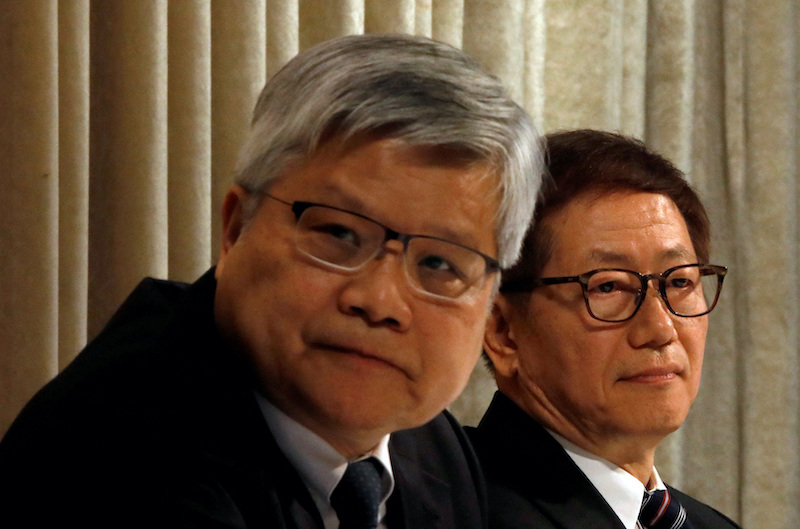Beijing plans to sell off quantities of its preciously-guarded hoards of copper, aluminium and zinc in a bid to cool down the commodities market which has seen raw materials prices soar in the last year. This rarely happens, so why now?
China revealed plans on Wednesday to release copper, aluminium and zinc from its national reserves to boost market supply and guide commodity prices to a return to normal ranges.
The National Food and Strategic Reserves Administration announced on its website that it would sell quantities of the metals in batches to nonferrous processing and manufacturing firms “in the near future” via public auction.
Here is what we know about the sale.
WHAT IS CHINA’S STATE RESERVES BUREAU?
The official name of the agency is the National Food and Strategic Reserves Administration, a unit of China’s state planner – the National Development and Reform Commission.
The administration is the successor to the State Reserves Bureau (SRB), which was charged with stockpiling critical materials for China and ensuring its industries and population avoided major supply interruptions.
Secretive by nature, it rarely publicises full details of the metals, energy and food products it purchases or sells, but a mere whisper that the agency is about to act is enough to move markets, as seen this week when global copper, zinc and aluminium prices slipped on the news of the planned stock sales.
WHY IS IT IMPORTANT?
China is the world’s top metals consumer and a major release of reserves could significantly change global supply and demand balances. The administration, which does not publish its reserve volumes, is estimated by Citigroup to hold 2 million tonnes of copper, 800,000 tonnes of aluminium, and 350,000 tonnes of zinc.
That is equivalent to one-sixth – or two months’ worth – of China’s annual refined copper consumption, based on estimates for 2020 from state-backed research house Antaike, but only around 2% of its aluminium usage and 5.2% of its annual zinc consumption.
WHY IS CHINA SELLING NOW?
Commodity prices have spiked since last year, with copper more than doubling to a record and aluminium and zinc pushing to decade highs. Iron ore and rebar steel also hit record highs, resulting in surging costs for China’s metals-intensive industries and manufacturers.
The rally has been fuelled by a post-pandemic economic recovery, ample global liquidity and speculative buying that has pushed up costs and cut margins for many manufacturers.
China’s May factory gate prices rose at their fastest annual pace in over 12 years as a result, stoking fears of rising inflation.
HOW WILL THE SELL-OFF WORK?
There’s not much detail yet. The administration only said it would release the metals in batches via public auctions to processing and manufacturing firms “in the near future”.
HAS CHINA SOLD RESERVES BEFORE?
Yes, but very rarely. Public records show the SRB sold aluminium, zinc, lead, magnesium, steel products, rubber and pulp via auction in 2010, the last time it publicly sold metals reserves.
It also conducted sale auctions in 2005 for copper – viewed by China as a strategic commodity.
DOES CHINA SELL OFF RESERVES OF OTHER COMMODITIES?
Yes. The administration is also in charge of sales and purchases of energy and agricultural products. It regularly sells agricultural products like pork, but does not often publicise details for energy products.
- Reporting by Reuters
Read more:
China to forge ahead with metal sell-offs in bid to calm prices
Lithium stocks’ climb in China continues
China puts the squeeze on commodities trade




